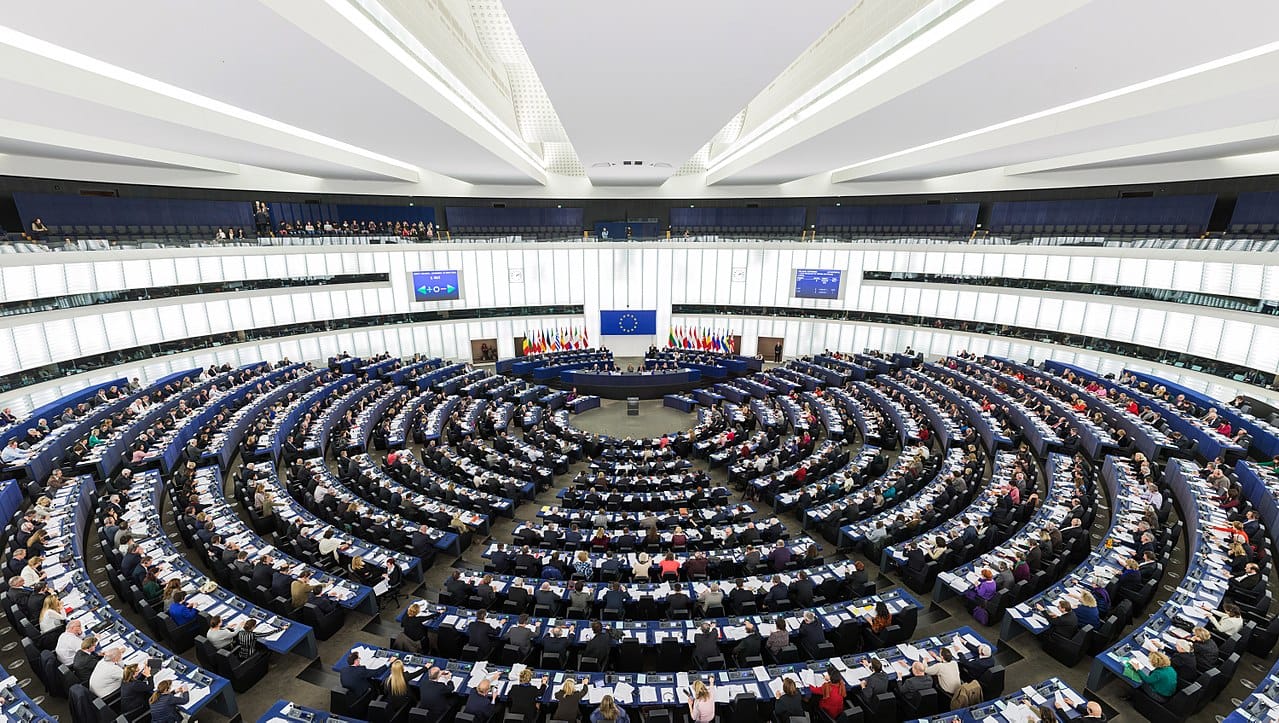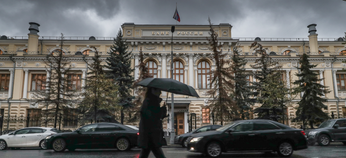
Peut-on se fier aux statistiques économiques russes ?
Depuis le début de la guerre, les autorités russes ont classé des masses de données statistiques et économiques importantes. Pour la troisième année consécutive, Moscou ne publie pas de chiffres sur les importations, les exportations, le commerce extérieur, les réserves d'or et de devises, ni sur la production de pétrole. Mais peut-on se fier aux données que Moscou continue de produire ?
- Les autorités ont retiré près de 600 ensembles de données des sites des agences gouvernementales depuis février 2022. Des ensembles de données historiques disparaissent également, notamment des informations sur les salaires des fonctionnaires, les marchés publics et les migrations, pour n'en citer que quelques-uns.
- Dans ces conditions, de nombreux commentateurs sont enclins à remettre en question la fiabilité de ce qui reste. Par exemple, des chercheurs russes indépendants doutent de la qualité des données sur les niveaux de pauvreté et le nombre de Russes qui atteignent le "minimum vital", une mesure du niveau de revenu le plus bas nécessaire à l'achat de produits de première nécessité. Le Stockholm Institute of Economics, qui a produit un rapport sur l'état actuel de l'économie russe à la demande des autorités suédoises, a accusé la Russie de manipulation généralisée des données, suggérant que le PIB n'a pas, comme indiqué, augmenté de 3,6 % en 2023, mais a chuté de -1,7 % à -10,8 %.
- L'Institut des économies en développement de la Banque de Finlande (BOFIT) vient de publier ses propres recherches sur la fiabilité des statistiques russes. L'économiste principal Heli Simola a analysé les données économiques russes publiées avant et après l'invasion et a conclu que, malgré quelques bizarreries, il n'y a pas de preuve de manipulation généralisée.
- Mme Simola a analysé 31 ensembles de données, allant de la dynamique des salaires et des bénéfices des entreprises au coût du pétrole de l'Oural et aux dépenses du budget fédéral. Elle a vérifié leur conformité avec la loi de Benford, qui a longtemps été utilisée avec succès non seulement pour identifier les manipulations dans les données macroéconomiques, mais aussi dans la comptabilité et le commerce. Elle a également vérifié les relations entre les variables économiques (par exemple, revenu/consommation et investissement/construction) et a comparé les chiffres du commerce russe avec ceux publiés par les pays correspondants.
- L'analyse a montré que les informations de Rosstat étaient et restent assez précises. Cependant, Simola a noté l'incertitude qui est apparue après l'invasion de l'Ukraine dans les données budgétaires mensuelles et trimestrielles publiées parle ministère des finances et le Trésor fédéral. Ces statistiques ont cessé de suivre la loi de Benford et ont également perdu leur relation antérieure avec d'autres indicateurs économiques. Cela peut susciter des interrogations, mais il est trop tôt pour tirer des conclusions fiables. La guerre et l'augmentation massive des dépenses militaires de l'État pourraient être à l'origine de divergences statistiques qui n'ont rien à voir avec une manipulation.
Pourquoi le monde doit-il s'en préoccuper ?
Le gouvernement russe est encore suffisamment avisé pour comprendre que sans statistiques fiables, une économie de marché de base ne peut pas fonctionner. Cela signifie que les chercheurs tiers peuvent encore s'appuyer, dans une certaine mesure, sur les données russes et les analyser pour évaluer l'état de l'économie - ce que nous faisons chaque semaine dans notre lettre d'information spéciale sur l'économie.










